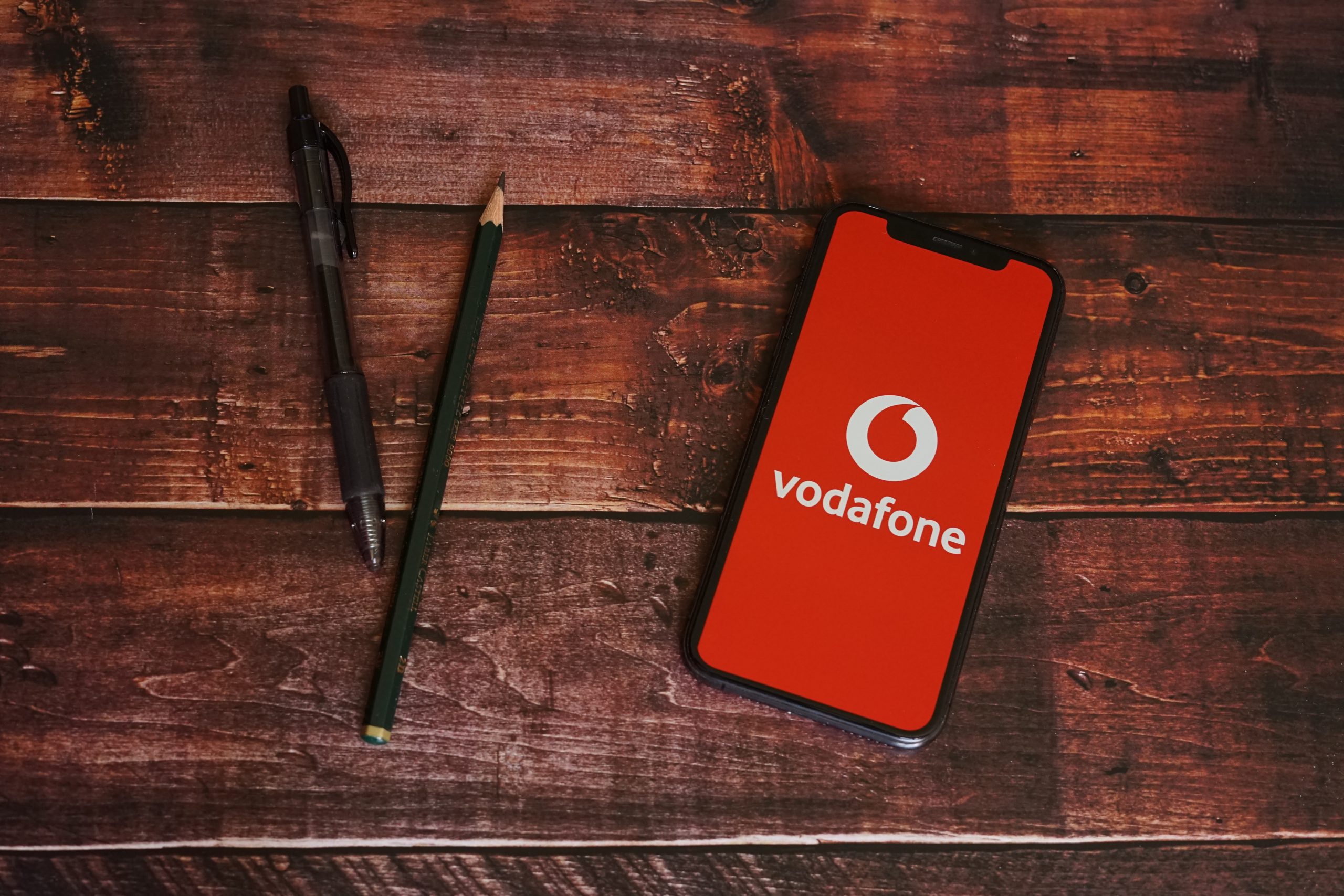Household Bills
‘Telecoms titan’ as Vodafone and Three announce merger

Vodafone and Three confirm they’ve entered a binding agreement to merge the UK businesses “to create one of Europe’s leading 5G networks”. Telecoms experts say the move will bring pros and cons for customers.
The merger will see Vodafone – with its 18 million customer base – have a 51% share while CK Hutchison (Three) will hold the remaining 49%, with no cash consideration to be paid.
The deal is expected to complete before the end of 2024, but it is subject to regulatory and shareholder approvals.
For now, there’s no change for customers either on the individual networks or ‘piggyback’ networks (MVNOs – Mobile Virtual Network Operators) which include VOXI, Asda Mobile, Lebara Mobile and Talkmobile, SMARTY, iD Mobile, FreedomPop and Superdrug Mobile.
The brands will also stay the same for now and the telecom firms confirmed that from day one, there will be no change to each operator’s pricing strategy as a result of the transaction.
Its statement read: “Customers will pay the same for more, driven by the significantly improved network.”
They added they remain fully committed to supporting vulnerable customers by continuing to offer social tariffs for mobile and broadband – protected from inflation – as well as contract-free offers with no annual price increases.
Strategy to scale up the business
The “strategic rationale for the transaction” comes as the telecom giants said they are currently “sub-scale”, with only around 20% and 10% share of the mobile market by subscriber which means they’re unable to recover their cost of capital. It also limits their ability to continue to invest.
“After completion, MergeCo will have the necessary scale and a great platform to invest, grow and compete”, a statement read.
It added that the merger will create a third operator to rival BT EE and Virgin Media O2, with customers experiencing better coverage (99% UK population coverage with a 5G standalone network by 2034), improved network speeds and reduction in network congestion.
Customers will also have more choice in home broadband deals with over 100Mbps speeds through a full fibre broadband combined with fixed wireless access, as well as benefit from fierce price competition by MVNOs which represent around 16.5% of mobile subscribers.
Approximately 90% of MVNO customers are currently on BT EE or Virgin Media-O2 networks.
The firms will also make “substantial efficiencies” of £700m a year and will invest £11bn in the UK over a 10-year period “to create one of Europe’s most advanced standalone 5G networks” as it replaces the less power-efficient 2G and 3G systems.
Further, it suggests the infrastructure investment will support between 8,000 and 12,000 new jobs.
Ahmed Essam, Vodafone UK chief executive, said: “The combination of Vodafone UK and Three UK will bring more choice and better value to customers nationwide. With scale to invest, we will create a best-in-class 5G network, supporting the Government’s 5G ambitions, drive digital transformation and create jobs. Through converged offers we will really challenge the two largest operators and, of course, we will continue to support the most vulnerable in society with our social tariffs and our commitment to help six million people cross the digital divide by 2025.”
Pros and cons of the ‘telecoms titan’
Alex Tofts, broadband expert at Broadband Genie, said a deal between Three and Vodafone would create a “power couple” and “a real force to be reckoned with” in the mobiles market.
Tofts said: “Vodafone has historically been the more premium provider, while Three has focused on delivering value for money, so it will be interesting to see how this dynamic shifts if the merger goes ahead.
“If it does, this new telecoms titan would still be at a disadvantage with some competitors, as it will struggle to make gains away from its mobile services.
“Unlike previous partnerships between BT and EE, and Virgin Media O2, this wouldn’t be able to offer anything new in terms of broadband or TV packages, as it doesn’t own any fixed-line infrastructure.
“Three has invested heavily in its mobile broadband but as the adoption of 5G tech is still low, and coverage is a major issue for many households, this partnership would still rely on other providers for its most popular broadband deals.
“Thanks to mergers, we are seeing the big players increase their domination of the UK’s mobile and broadband market. While this may seem like bad news for consumer choice, it does give smaller independent providers the ability to set themselves apart from these juggernauts and move quickly to win new customers.”
Ernest Doku, telecoms expert at Uswitch.com said with consolidation in the UK market – from four Mobile Network Operators (MNOs) down to three – “there’s always the risk of reduced competition and subsequent increased prices”.
“The pledge of a significant investment in 5G over the next decade is some solace that they will be building for a better future of connectivity, so long as it is adhered to. What we don’t want to see is customers footing the bill with further increases to pricing.
“They should also commit to ensuring smaller virtual networks (MVNOs) who rely on Three and Vodafone’s infrastructure can continue to offer competitive value and service.
“Also, while the cost saving benefits for Vodafone and Hutchinson are clear, the merged company needs to ensure it delivers an upside for consumers – specifically, its promise of innovation and an advanced standalone 5G network.”